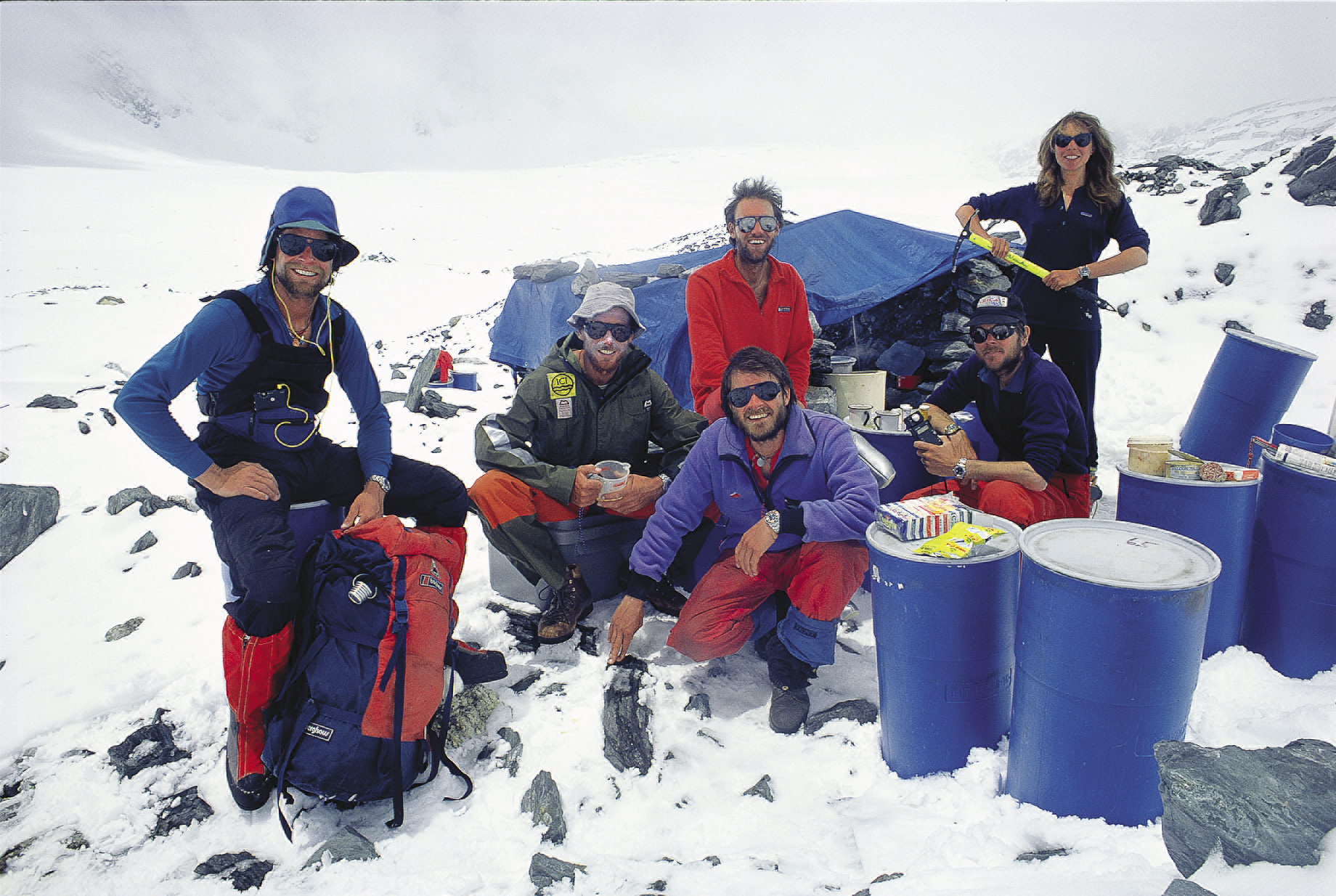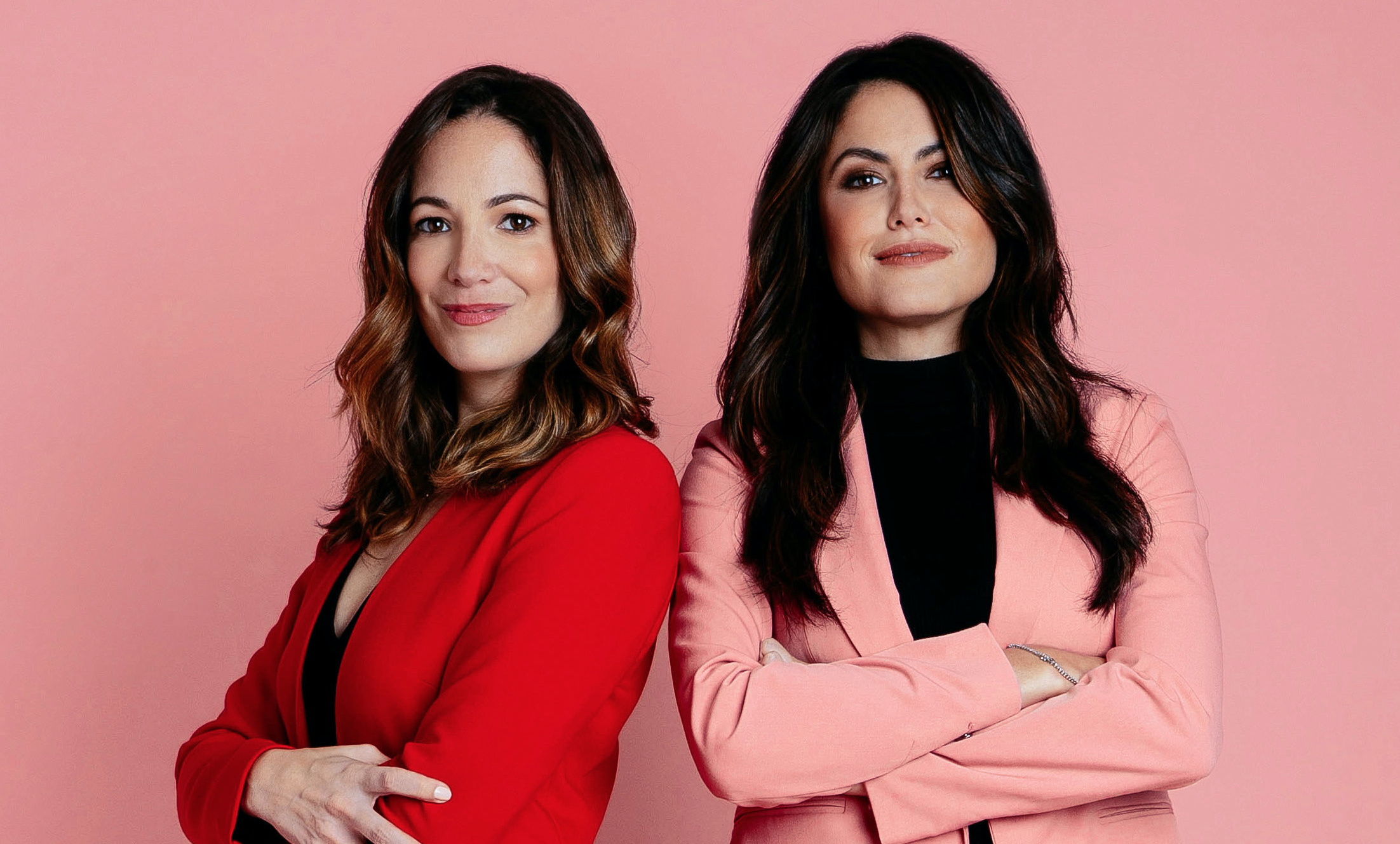
When it comes to family planning in the US today, recent data is quite interesting to look at, especially given the impact of the pandemic on families and decisions around childbearing. Although there has been quite a lot of coverage regarding the overall decline in births in women in their 20s and 30s, there has actually been an increase in women in their 40s giving birth. Additionally, today in the United States an estimated 33% of adults say they have used fertility treatments or know someone who has.
With increasing technological advances, and more women delaying starting a family, it is no surprise that fertility experts and treatments are becoming more and more popular, especially due to the “biological clock” that impacts women’s reproductive health decisions. As women have a 2%-3% chance of getting pregnant each month after the age of 40, it’s important for women to know how their biological clock impacts fertility at each age and stage. One woman who has made it her life’s work to empower prospective mothers with this knowledge is Dr. Sanaz Ghazal, the co-founder and Medical Director of RISE Fertility.
According to Dr. Ghazal, fertility drops off quickly after age 40 and women are not only at a higher risk of infertility at this age, but they are also at an increased risk of a miscarriage if they do become pregnant. Based in Orange County, California, her expertise in ovulatory disorders, IVF, egg freezing, sperm freezing, miscarriage, and pregnancy loss has assisted her in creating personalized fertility plans for any and all fertility situations. As a mom of three, she has personally experienced many of the same struggles as her patients. This perspective drives her to help patients experience the joys of parenthood.
We had the opportunity to speak with Dr. Ghazal about what women should know about their biological clock, and dismantling some myths and stigma around fertility.

Before we get into the ins and outs of fertility, can you tell us some of your own story using fertility treatments, and how you got into this line of work?
I have always been really passionate about women’s health and educating women about how their bodies work. The field of fertility was really special because of the inherently personal and difficult journey our patients endure. I wanted to specialize in reproductive health because I wanted to help women through one of the most challenging and stressful experiences of their lives and to empower them to take control of their family-building and fertility future. I am deeply honored to be a part of a patient’s journey.
The desire to have a family is at once both personal and universal. Yet there is still a lack of information about fertility in so many ways. Why do you think this is?
There has been a significant amount of stigma that has surrounded infertility and pregnancy loss. At the same time, there has also been a lack of evidence-based, accurate information about fertility online and in the public space. The conversation is slowly changing with more and more people coming forward and speaking openly and honestly about their fertility journey. With the rise in digital media and social media, we are also seeing more information and resources available for patients now than ever before. I personally am very dedicated to educating patients about their reproductive health and dispelling many of the myths and misconceptions that exist around fertility.
Can you tell us about RISE Fertility and how your clinic is empowering women?
RISE takes great pride in delivering the highest quality fertility care in a way that allows patients to be active participants in the process, lifts them up and empowers them during a difficult time. Being a woman and mother myself, I know firsthand the joys of parenthood and I understand just how devastating, stressful, and expensive infertility can be for those trying to conceive. My ultimate goal is to make the entire fertility experience more personal, seamless and accessible for patients by developing a true patient-doctor partnership, educating them about their options, and providing one-of-a-kind financing options to empower and support them throughout this journey.
IVF and egg-freeing are becoming increasingly common, as more and more women have kids older than previous generations. What are some of the most important things you share with your clients and women wanting to know more about their fertility?
Age is the most important factor when it comes to your fertility. Fertility begins to decline in your late 20s and early 30s and by the time you hit 35 you have less than 50% of your fertility potential. By the time you reach age 40, your fertility potential is less than 10%. For women who know they want to have a family but are not ready to start now, egg freezing is a great way to preserve your fertility for the future. Freezing your eggs gives you an opportunity to get pregnant or build your family when the timing is right for you.

Medical language can often be stigmatizing, such as the term “geriatric pregnancy” which is referred to pregnant women over the age of 35. In what ways do you see the need for medical culture to change in order to be empowering as opposed to intimidating?
While it is important for medical professionals to help diagnose risk factors that may impact someone’s prognosis for success, labels can be very stigmatizing. It’s important to be mindful of the impact of labeling patients with a certain disease or condition. Instead, the focus should be on identifying risk factors, being solutions-oriented, and empowering women with the information they need to achieve their reproductive goals.
Issues such as fertility planning, miscarriage, pregnancy loss and reproductive health issues are so common, yet in many ways taboo. How are you working to challenge this with RISE Fertility?
At RISE, we approach every patient with compassion and empathy. We create the time and space as well as provide an inviting, elevated environment to put patients at ease in order to have those honest and sometimes difficult conversations. We establish a clear line of communication and transparency at every point of the process and make sure our patients feel comfortable with their personalized fertility plan. By having effective communication, honesty, and compassion, we have found great success in helping our patients know they are not alone during what can be a difficult time.
When someone comes to see you for a consultation, what are the main questions you ask them, and how do you put their fears at ease?
The initial consultation is a conversation and an opportunity for me to get to know someone better. I want to know about the person’s journey and I also really want to understand their goals. Once I know where someone has been and where they would like to be, I can help them navigate the process and counsel them about the best way to get there. Listening to patients and making that connection during that first consultation helps to build trust between patient and doctor and puts people at ease right from the start.
If there is one main thing you want all women to know about their bodies and biological clock, what would it be?
Women are born with all the eggs they will ever have in their life. By the time we reach puberty, our egg count has dropped from about 2 million down to about 300,000-400,000. Fertility begins to decline as early as the late 20s and early 30s and decreases faster after age 35. By the time you reach 40, you have less than 10% of your fertility potential. Age is the single most important factor when it comes to your reproductive future so even if you are not ready to have a baby now, think about preserving your fertility through egg freezing or embryo banking.
For women who are starting out in their fertility journey and want to get more info on their own bodies, where would you suggest they look?
To find out more information about the fertility journey, we offer amazing resources and blog posts on our website.

















